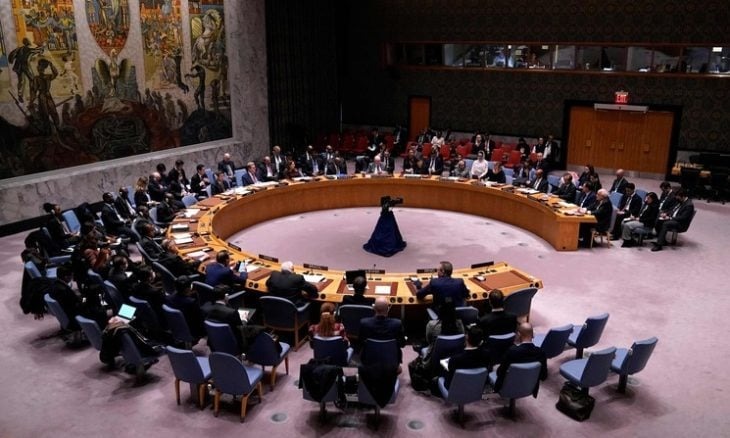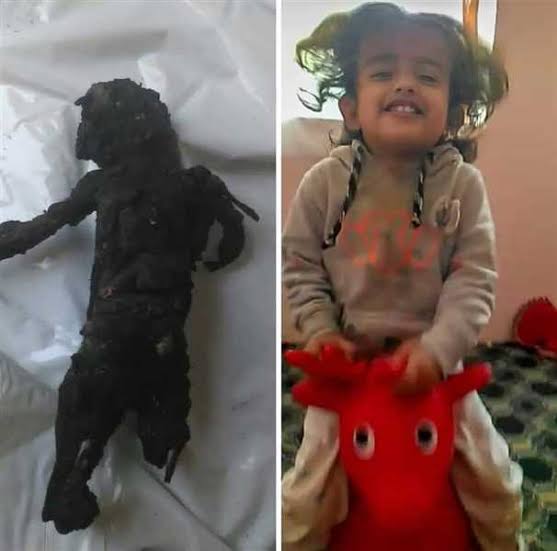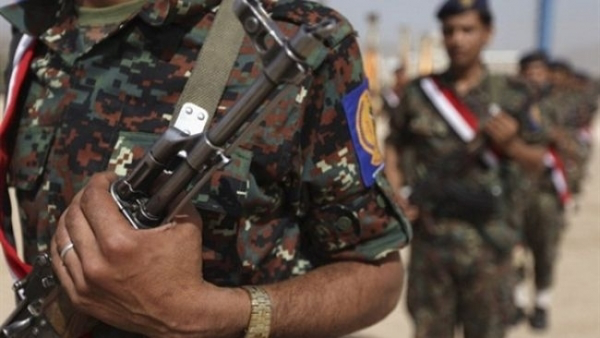
Barran Press
On Thursday, August 15, 2024, the United States delivered a strong statement at the UN Security Council meeting on Yemen, highlighting three key issues that it believes demonstrate the Houthis’ continued undermining of peace and security in Yemen, the region, and the world.
Linda Thomas-Greenfield, the US Ambassador to the United Nations, delivered the statement, emphasizing that "peace remains elusive in Yemen, while Yemenis continue to pay the price."
The US statement focused on the Houthis' ongoing:
1. Detention of Humanitarian and Diplomatic Workers:
The statement condemned the Houthis' continued detention of over 130 UN personnel from 29 organizations, calling for their immediate and unconditional release. The US also strongly condemned the recent attack on the UN Human Rights Office in Sana'a, stating that there is "no justification whatsoever for targeting UN workers and detaining individuals for carrying out their legitimate humanitarian and diplomatic work in this conflict or any conflict."
The statement also highlighted credible reports of the Houthis' severe mistreatment of detainees, including American diplomats held captive since 2021. The US expressed concern that the actual number of detainees may be higher, as Houthi officials have reportedly warned families of detainees against speaking publicly. The US called on the Security Council to support the voices of Yemeni civil society organizations advocating for the release of all unjustly detained individuals.
2. Obstruction of Humanitarian Aid and Public Health Efforts:
The US statement highlighted the dire humanitarian crisis in Yemen, exacerbated by the Houthis' obstruction of vital aid and their record of failed governance. The statement cited the Houthis' blocking of efforts to combat the spread of cholera in Yemen, highlighting how their denial of basic medical care has led to the deaths of hundreds since October 2023.
The statement contrasted the Yemeni government's cooperation with international organizations in vaccination campaigns with the Houthis' obstruction and, in some cases, outright banning of vaccination efforts, leading to a sharp increase in polio and other preventable diseases in Houthi-controlled areas. The US urged the Houthis to stop obstructing aid and humanitarian efforts, emphasizing that "lives are hanging in the balance."
3. Escalating Attacks and Continued Support from Iran:
The US statement condemned the Houthis' ongoing and escalating attacks in the Red Sea, Gulf of Aden, and surrounding waterways, despite the Security Council's call for an end to such attacks in Resolution 2722. The statement highlighted the dangerous threat these attacks pose to international freedom of navigation, regional peace and security, and the lives of Yemenis, as they lead to price increases and delays in the delivery of vital humanitarian supplies.
The US directly accused Iran of enabling these attacks, citing the Houthis' use of an Iranian-made Samad-3 drone in a July 19 attack on Israel as an example of Iranian-supplied weapons used to carry out deadly terrorist attacks in the region. The US also noted the Houthis' expanding ties with other Iranian-backed terrorist organizations in the region, aimed at spreading chaos in Yemen and throughout the Middle East.
The US called for an immediate and unconditional end to these attacks, stating that the only appropriate response is to condemn them and demand their cessation. The US also urged the Security Council to take action against the Houthis' attacks and activities, including taking steps to deny them weapons and ammunition.
The statement concluded by emphasizing the need for the Security Council to hold the Houthis and Iran accountable, stating that member states who stand in the way of accountability are complicit in undermining the credibility of the Council's resolutions.





